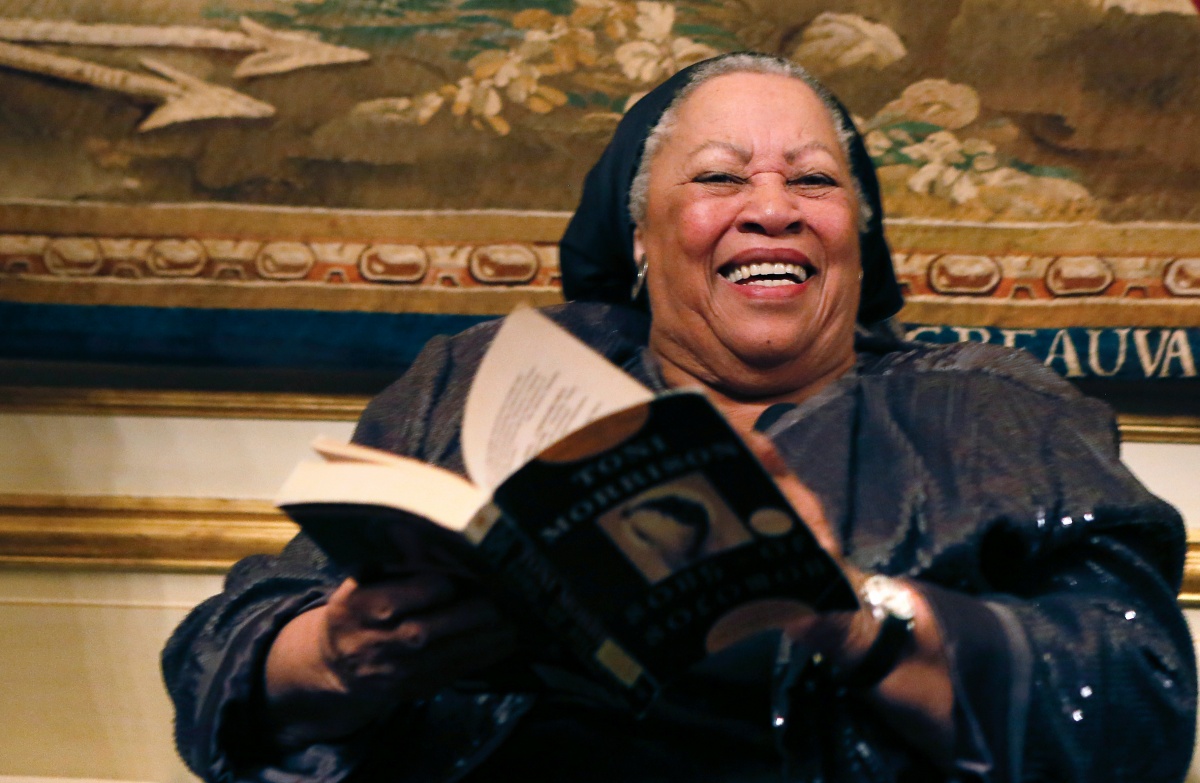R.I.P. Toni Morrison, Literary Giant


Today, Nobel Prize-winning author Toni Morrison passed from this Earth, leaving behind a literary legacy that is unmatched and has inspired others to create through her words.
Morrison is unmatched as a wordsmith, and I’m looking forward to seeing the powerful pieces that take the time to process her work, but for me, Morrison exists as an author that taught me the possibility to see Black stories as explorations of identity, but also as literary art that should be appreciated not just for what it can teach you, but how it tells the story.
Most of the time, when we discussed literature as I grew up, we weren’t talking about Black literature. It speaks to the issues of white supremacy that you can have Black parents, grow up in a majority Black environment, but also have no Black educators in your schools that foster your literary curiosity as a Black child. Literature was highlighted as something that told universal stories with characters that were meant to spark imagination, but when it came to Black literature, or any non-white literature for that matter, I was never told to look for that universal nature, nor was I asked to explore the language to see how Morrison has, like an alchemist, transmuted that trauma into prose.
Morrison brought to life a story that was specific in its identity, but universal in its ability to bring to life the pain of losing a child, the pain of time stolen from you, the pain of being free, but trapped in old sorrows. Those are concepts we see in “universal literature” are never brought into our examination of Black literature, because we rarely see it as art and instead use it as a way of passively teaching acceptance and tolerance.
No matter where you are in the Black diaspora, there has always been this feeling that we are being told our art, our culture, our history isn’t art or culture, but just lessons on a curriculum for other people to learn about us without actually respecting us. Morrison was an accomplished and critically acclaimed writer, but she never wrote for the comfort of a mainstream audience. Beloved is dedicated to “Sixty Million and more,” a reference to those Africans who were stolen from their homes and forced into slavery, as well as those who died. She was writing for a people who had been told that they did not count and made it beautiful. She made it art, and because she did, we all know we can, too.
A famous Morrison quote that will no doubt be passed along is “If there’s a book that you want to read, but it hasn’t been written yet, then you must write it.” The best thing we can do in honor of Morrison is to read and support Black authors, especially Black female authors, who inspire us and push us to create more art. Losing Toni Morrison is a kick in the chest after the last few days, but what she left behind is a testament to the power of creation.
If there is an afterlife, then she, Maya Angelou, Octavia Butler, Audre Lorde, Zora Neale Hurston, and Nella Larson are sitting at the most exclusive cool Black literary women’s table there is.
“I’m writing for black people, in the same way that Tolstoy was not writing for me, a 14-year-old coloured girl from Lorain, Ohio. I don’t have to apologise or consider myself limited because I don’t [write about white people] – which is not absolutely true, there are lots of white people in my books. The point is not having the white critic sit on your shoulder and approve it.” — Toni Morrison
(image: PATRICK KOVARIK/AFP/GettyImages)
Want more stories like this? Become a subscriber and support the site!
—The Mary Sue has a strict comment policy that forbids, but is not limited to, personal insults toward anyone, hate speech, and trolling.—
Have a tip we should know? [email protected]
